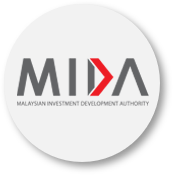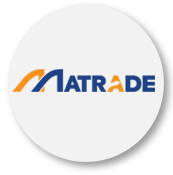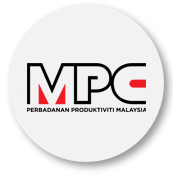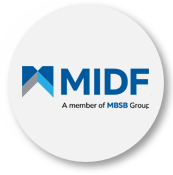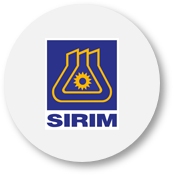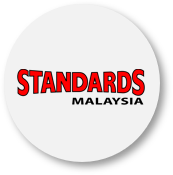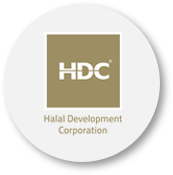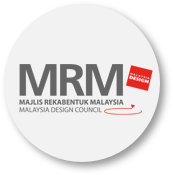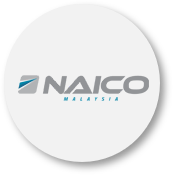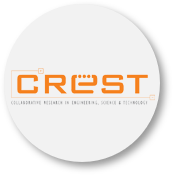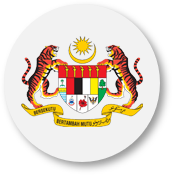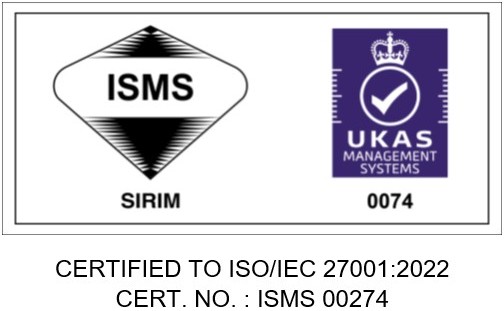- The General Council (GC) is the WTO’s second highest decision-making body based in Geneva. It convenes regularly to oversee the organisation's functions and reports to the Ministerial Conference. Comprising representatives (ambassadors or equivalents) from all member states, the GC is authorised to act on behalf of the Ministerial Conference on all WTO-related matters.
- In addition to its primary role, the General Council (GC) also convenes under different rules as the Dispute Settlement Body and the Trade Policy Review Body. The Dispute Settlement Body oversees the procedures for resolving disputes between members, while the Trade Policy Review Body evaluates and analyses members' trade policies.
-
The Council for Trade in Goods (CTG) is responsible for the workings of the WTO agreements dealing with Trade in Goods, including the General Agreement on Tariffs and Trade (GATT).
-
The CTG oversees several subsidiary bodies focused on specific areas within goods trade, including agriculture, market access, subsidies and countervailing measures, anti-dumping, sanitary and phytosanitary measures, technical barriers to trade, etc. In addition, the working party on state trading enterprises and Information Technology Agreement (ITA) Committee also report to the CTG.
- The Council for Trade in Services (CTS) is responsible for facilitating the operation of the General Agreement on Trade in Services (GATS) and for furthering its objectives. It oversees the work of four subsidiary bodies: Committee on Trade in Financial Services, the Committee on Specific Commitments, the Working Party on Domestic Regulation and the Working Party on GATS Rules.
- The CTS monitors members' notifications related to GATS provisions. Its agenda currently includes two standing items: the operationalisation of the LDC services waiver and the Work Programme on electronic commerce.
- The TRIPS Council is responsible for administering and monitoring the operation of TRIPS Agreement, which also serves as a forum for discussion between members on key issues in its regular meetings. The TRIPS Agreement is pivotal in facilitating trade in knowledge and creativity, in resolving intellectual property (IP) disputes, and providing WTO members the flexibility to pursue their domestic policy objectives.
- In its special sessions, the TRIPS Council serves as a forum for negotiations on a multilateral system of notification and registration of geographical indications (GIs) for wines and spirits.
- Transparency mechanisms assist the TRIPS Council in monitoring the implementation of the TRIPS Agreement and fostering the understanding of members’ intellectual property policies and legal systems. Transparency mechanisms help the TRIPS Council to monitor the operation of TRIPS Agreement and promote the understanding of members’ intellectual property policies and legal systems. These mechanisms include WTO members' notifications, responses to checklists of questions, reviews of implementing legislation, reports on technical assistance and technology transfer, and contact points.







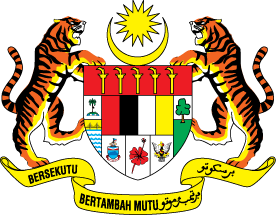





 Home
Home








